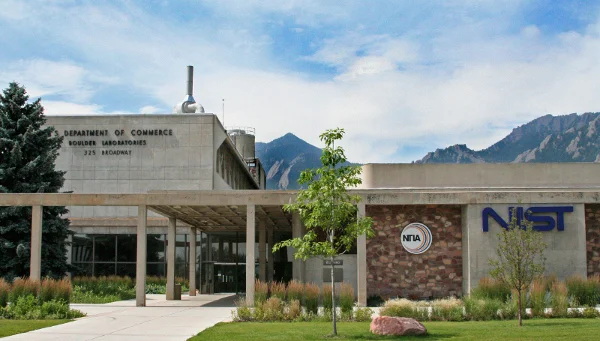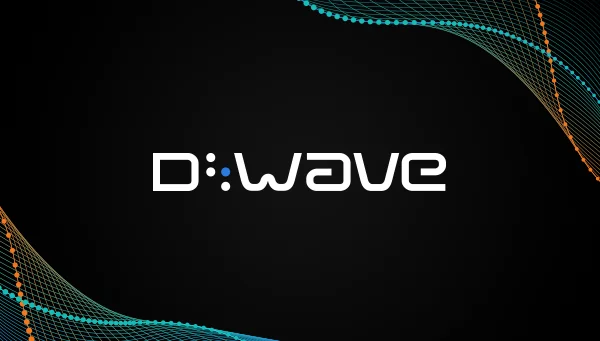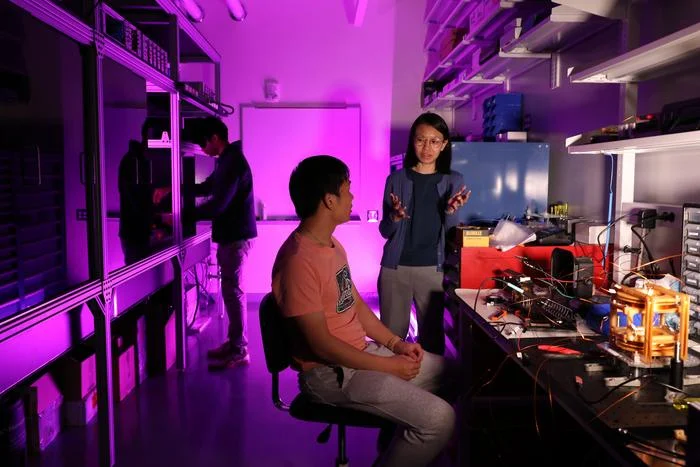PRESS RELEASE — Covestro, one of the world’s leading polymer companies, and QC Ware, a leading quantum software and services company, announced the signing of a five-year collaboration to use quantum algorithms for the discovery of new materials and catalysts on near-term quantum hardware.
The agreement is aligned with Covestro’s goal to enhance the company’s digital R&D processes to pave the way towards carbon neutrality by becoming fully circular. The collaboration combines Covestro’s expertise in classical computational chemistry and empirical manufacturing techniques, with QC Ware’s leading edge in both classical and quantum algorithms.
“We expect that quantum computing will help us to solve simulation problems that are out of the reach of state-of-the-art classical computing,” said Torsten Heinemann, Head of Group Innovation at Covestro. “Our joint research with QC Ware over the next five years aims to develop new tools which our R&D team can use to develop new material classes and more efficient production processes that require less resources. Our hope is that this work will help take our R&D efforts to a completely new level and accelerate the pace at which we can develop innovations.”
The agreement follows a year-long collaboration on a proof-of-concept project that explored the possibility of modeling large-scale molecules needed for industrial applications on a near-term quantum computers. The results of the project are outlined in two recently released papers:

1) Local, Expressive, Quantum-Number-
2) Analytical Ground- and Excited-State Gradients for Molecular Electronic Structure Theory from Hybrid Quantum/Classical Methods | https://arxiv.org/abs/2110.
The first paper introduces new quantum techniques that significantly reduce quantum computing resources required to design new materials and chemical processes. These techniques reduce both circuit depth and connectivity requirements, which are critical components that will be used in production applications in conjunction with adequate quantum hardware.
The second paper introduces a novel method to calculate energy gradients on a quantum computer which is a crucial property that computational chemists in industry use for the simulation of chemical reactions, catalysts, products, transition states, and catalytic properties.
“Computational chemists are interested in more than just ground state energies of molecules — they are interested in crucial properties such as the forces on the atoms, the color and light absorbing properties, or the electrical conductivity. Before our papers with QC Ware such properties were very difficult to compute on a near term quantum computer but now we think we have a very tractable path forward,” said Christian Gogolin, Expert Advanced Computational Concepts and Quantum Computing at Covestro Digital R&D.
“In order to provide real value for computational chemists, we need to build new quantum computing tools with capabilities that classical computers cannot match. We are working with Covestro to achieve that goal by building a full-stack solution that merges the best high-performance classical techniques for pre- and post-processing with advanced quantum algorithms reserved for the crux of the computational problem,” said Robert Parrish, Head of Chemistry Simulations at QC Ware.
For more market insights, check out our latest quantum computing news here.















